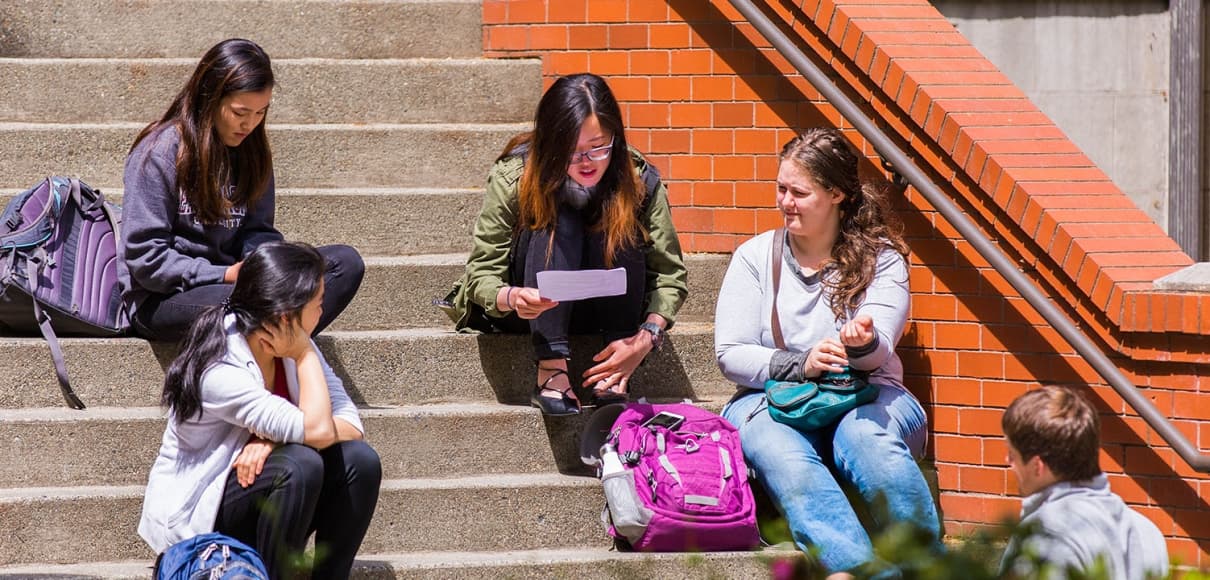This year, Seattle Pacific University students will choose from 69 majors and 55 minors. Next year, that number may be different, as programs are added and others may be removed.
So how are those majors and minors determined? We asked Student Academic Services, the office that handles academic records and policy, and helps keep students on track toward graduation.
It turns out, well, it’s complicated.
“Sometimes professors’ conversations with current students provide the impetus for new programs, and some programs are born when faculty in disparate disciplines recognize possibilities where their areas intersect,” said Debbie Crouch, senior associate registrar. “The genesis of other programs comes from former students who say their career niches would have been enhanced with additional knowledge from another discipline.”
That, she added, occurred when philosophy faculty members noticed their graduates working steadily in the tech industry, ultimately leading to the Philosophy: Technical track. Likewise, former history majors working in museums led to the History: Museum Studies track.
“Some programs are born when faculty … recognize possibilities … The genesis of other programs comes from former students who say their career niches would have been enhanced with additional knowledge from another discipline.”
Once a program idea has formed, a department’s or school’s faculty may take up to a year to prepare a proposal for the Curriculum Committee, which considers new undergraduate and graduate programs, requests for program revisions and deactivations of programs.
Comprised primarily of faculty, with advisory members from areas such as Student Academic Services and the Center for Learning, the Curriculum Committee considers the merits of a program in the context of SPU’s mission and goals for students — as well as the University’s ability to support the program.
The departments and schools submitting a proposal must also explain why the program is important: How will students who complete the program serve the common good in an ever-changing society? Are there ways in which SPU’s Seattle location provides a particular opportunity for students in this program?
That’s what happened with the new ecotheology minor. Championed by Professor of Biology Eric Long, Associate Professor of Theology, Discipleship, and Ministry Michael Langford, and Assistant Professor of Christian Scripture J.J. Johnson Leese, this new interdisciplinary program allows students to explore a scientifically and theologically informed understanding of creation care.
“SPU, as a Christian school in a region that is particularly interested in our natural resources, is in a unique position to lead in the arena of ecotheological reflection,” explained Langford in the original proposal, which the Curriculum Committee approved.
Once a new program makes it through that committee (not all do), it goes to the provost, who‘ll rely on the Office of Academic Affairs to determine whether or not accreditation approval is required from the Northwest Commission on Colleges and Universities.
Then, finally, the program is ready for students and added to the next Undergraduate Catalog. By Spring Quarter, students can add it to their choices for the upcoming academic year.
New programs for 2019–2020:
- Ecotheology minor
- Global engagement minor
- Information studies minor-political science emphasis
- Information studies minor-theology emphasis
- Information studies minor-communication emphasis
- History: Museum studies minor
- Interactive computing and art minor
- Psychology (BA) track in data analytics
- Social justice and cultural studies-environmental track




